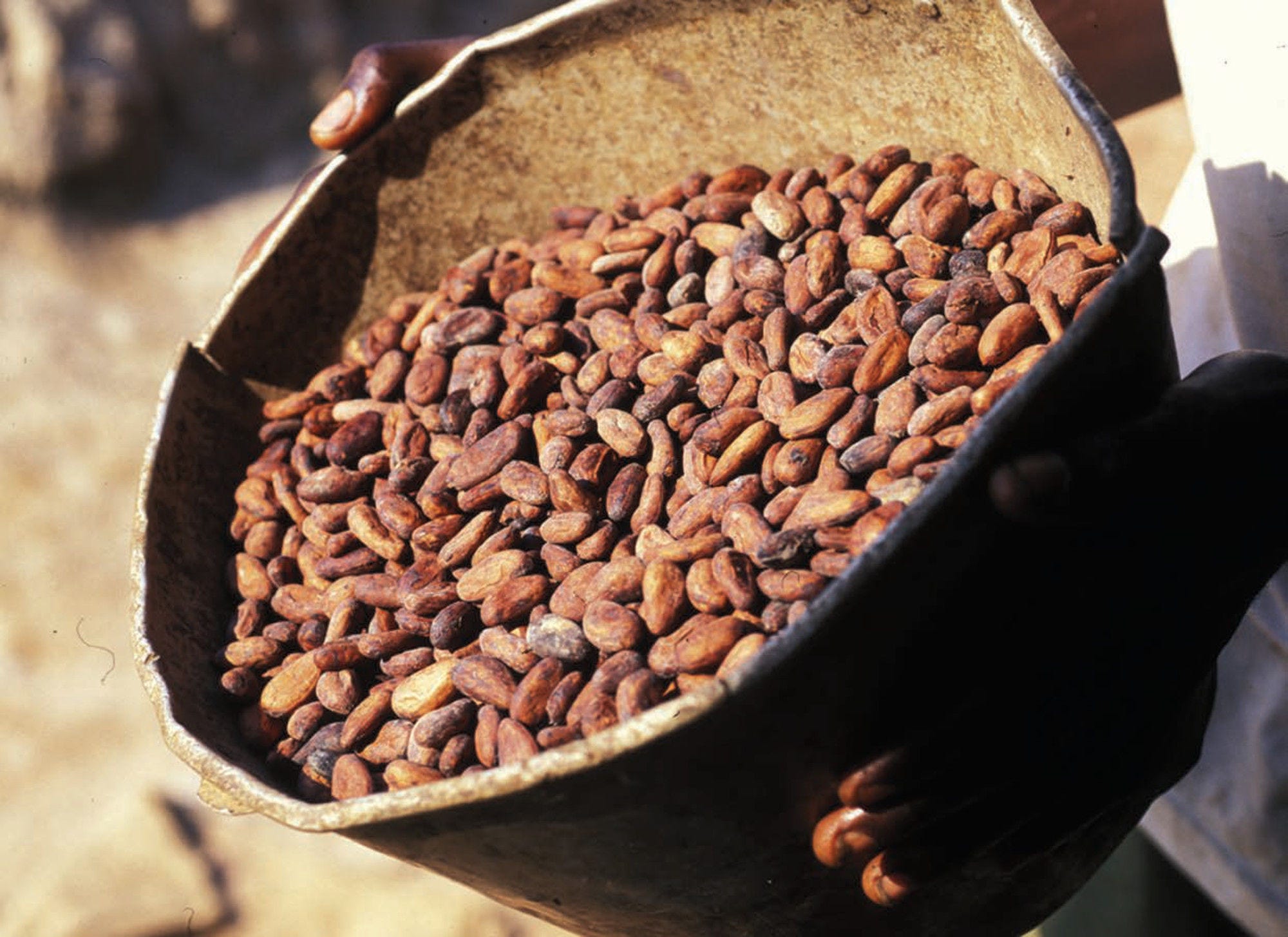The Business Handbook on Due Diligence in the Cocoa Sector: Addressing Child Labour and Forced Labour (Handbook) helps companies identify, prevent and address child labour and forced labour risks in the cocoa sector. The Handbook is based on the UN Guiding Principles for Business and Human Rights (UNGPs), the ILO Conventions on child labour and forced labour, the OECD Guidelines for Multinational Enterprises (OECD Guidelines for MNEs), and the OECD recommendations on risk-based due diligence detailed in the OECD Due Diligence Guidance for Responsible Business Conduct (OECD Due Diligence Guidance) and the OECD-FAO Guidance for Responsible Agricultural Supply Chains (OECD-FAO Guidance). Together these instruments are the leading international, government-backed standards on responsible business conduct and corporate due diligence.
The international community has committed to ending forced labour and eliminating child labour in all its forms by 2025. However, the world is still far from meeting this goal. The latest global estimates from the ILO indicate that 160 million children were in child labour in 2020 and 27.6 million adults and children were in forced labour in 2021. It is estimated that 70% of child labour takes place in the agricultural sector in subsistence and commercial farming and herding, typically as unpaid family labour.1 Within the sector, cocoa producing countries in Africa and Latin America are flagged as producing cocoa with child labour (ILAB, 2022[1]). While forced labour is less prevalent than child labour in the cocoa supply chain, its impacts can be more serious.
In drafting this Handbook, the Organisation for Economic Co‑operation and Development (OECD), the International Cocoa Initiative (ICI) and the Deutsche Gesellschaft für Internationale Zusammenarbeit GmbH (GIZ), convened a multi-stakeholder informal expert group (IEG) of 12 representatives from business, civil society, international organisations and other experts to provide substantive inputs to the Handbook and guide its development. The OECD and ICI also organised a workshop with stakeholders in Abidjan, Côte d’Ivoire in June 2022 and a virtual workshop in November 2022. In addition, an informal public consultation with stakeholders was launched in January 2023.
This Handbook was developed with financial support from the German Federal Ministry for Economic Co‑operation and Development (BMZ) and the International Cocoa Initiative (ICI).
